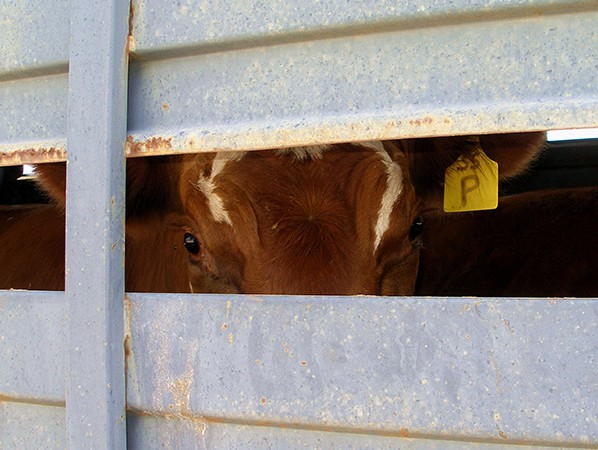
Due to the expected high temperatures, the National Plan for the Transport of Livestock at Extreme Temperatures will come into effect from Monday 22 July to Friday 26 July 2019. Inspectors from the Dutch Food and Consumer Product Safety Authority (NVWA) will also carry out extra inspections on hot days to ensure that companies comply with animal welfare regulations. Transport teams of the NVWA carry out extra transport checks. Also in the case of certification for export and on arrival at slaughterhouses, checks are carried out to ensure that the rules for transport and animal welfare are complied with.
On working days with expected extreme heat, the NVWA carries out export inspections according to a 'tropical grid'. This means that - as far as possible - certification can take place between 04:00 and 22:00 hours. Due to the early or late start of international transports, it is mainly possible to drive at night or early in the morning during the cooler periods.
In the National Plan for Livestock Transport at Extreme Temperatures, Vee & Logistiek Nederland, Transport en Logistiek Nederland (TLN), Centrale Organisatie voor de Vleessector (COV), Koninklijke Nederlandse Slagers (KNS) / Vereniging van Zelfslachtende Slagers (VZS) and VION have laid down that the norm is that animals may not be transported at temperatures above 35 degrees. This standard in the National Plan for Livestock Transport at Extreme Temperatures applies at the start and on the road and is therefore not dependent on the temperature at the KNMI in de Bilt. Companies must therefore pay extra attention to this when planning livestock transport on hot days.
Enforcing NVWA inspectors on the basis of the Transport Regulation and on the basis of the general rules for animal welfare (Animals Act). For long distance transports (longer than 8 hours) the legal standard is 30 degrees in the car with an extension of +/- 5 degrees. This means that in the case of long-term transport, the standard of 35 degrees applies to the means of transport. For other transports, inspectors look at the conditions of the animals. For all transports, enforcement action is taken if the welfare of the animals is compromised. Animal welfare can also be at stake at temperatures below 35 degrees Celsius, which is why the NVWA carries out extra checks when it is warmer than 27 degrees Celsius.
Source: © NVWA